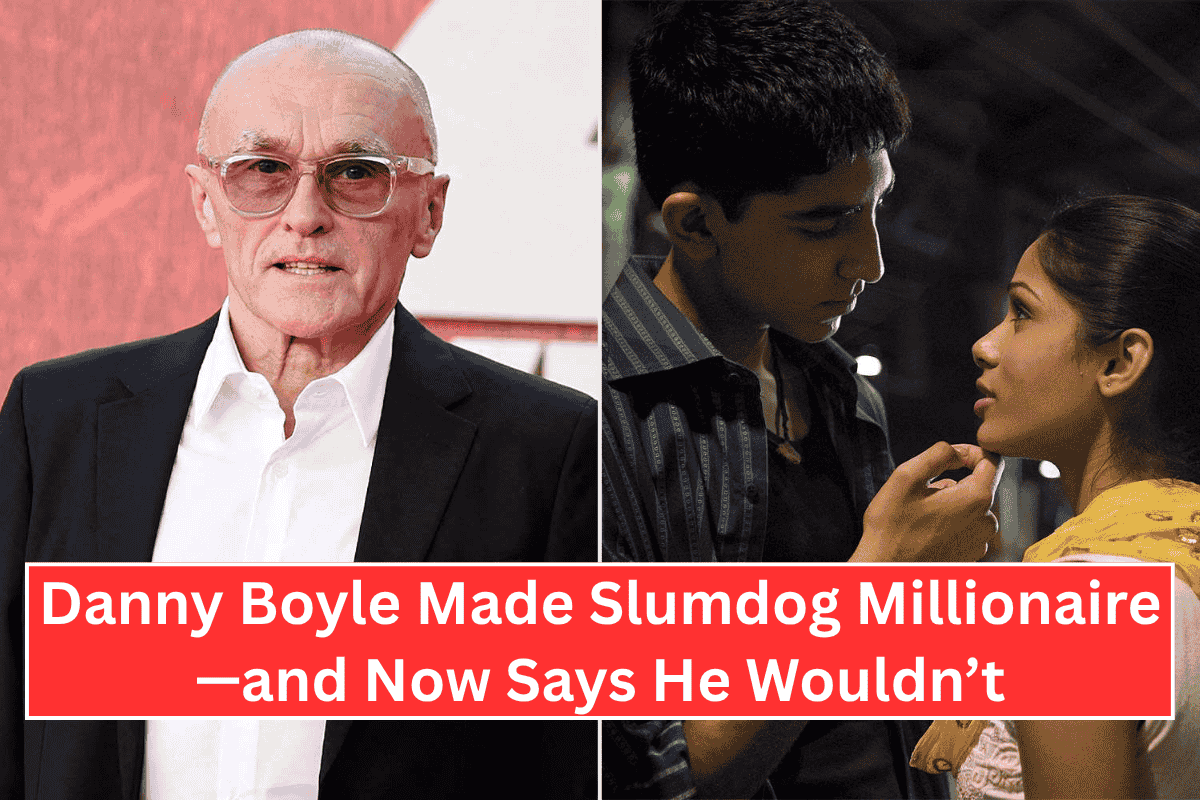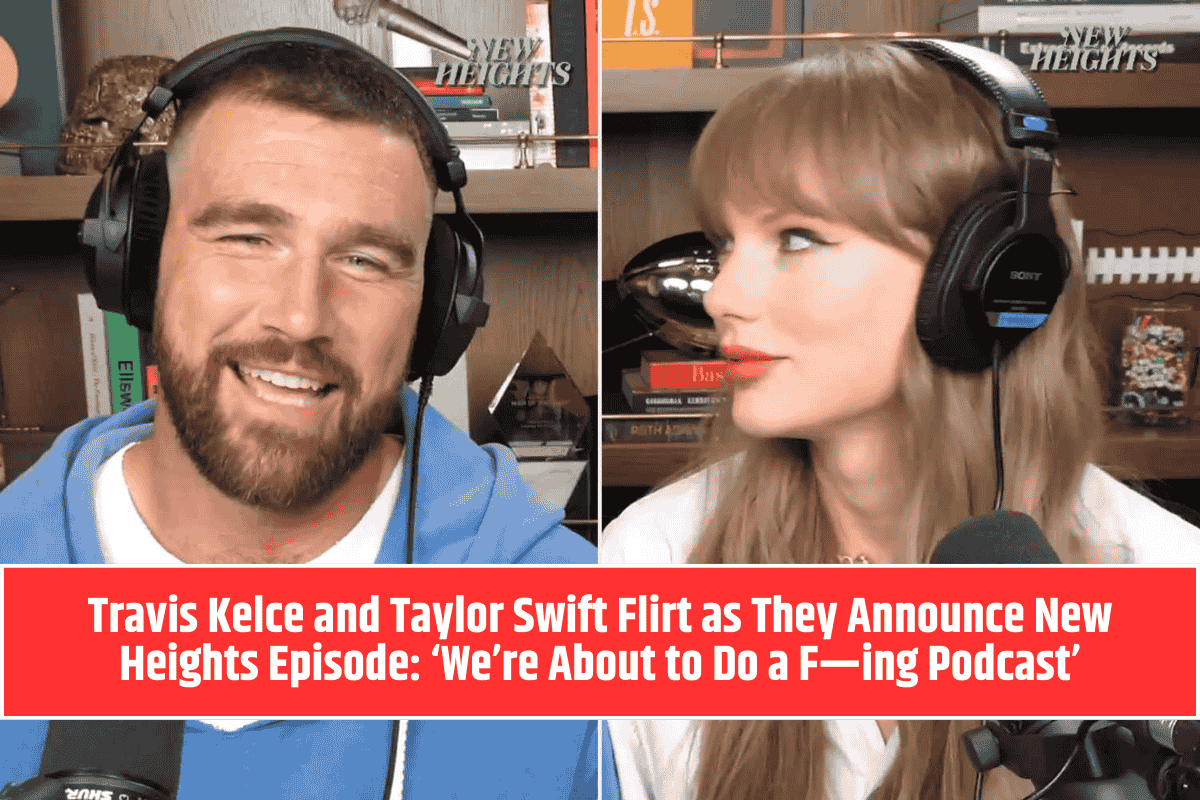Oscar-winning director Danny Boyle has opened up about the lasting legacy of Slumdog Millionaire, the film that catapulted him to global fame in 2008. While he’s proud of the movie, Boyle now admits it’s a project he likely couldn’t—and shouldn’t—make today.
Speaking with The Guardian, he explained how changing views on culture and storytelling would shape a very different approach now.
Why He Wouldn’t Make It Today
Boyle, now 68, said plainly: “We wouldn’t be able to make that now. And that’s how it should be.” He believes that stories rooted deeply in a culture—like the journey of a boy from the slums of Mumbai—should ideally be told by people from within that culture.
Even though Slumdog Millionaire was made with a large Indian crew and shot on location in Mumbai, Boyle admits that he was still an outsider directing a story that wasn’t his own. At the time, it felt like a fresh and daring move. But looking back, he sees how today’s standards around cultural authenticity have changed.
The Challenge of Being an Outsider
Boyle and his team made a conscious choice to use local talent and limit the number of outsiders involved. But even with those efforts, Boyle says the approach was “flawed.” He now questions the ethics of such filmmaking, calling it a form of cultural appropriation that might have been acceptable then—but wouldn’t be now.
“If this film were made today,” he said, “I’d be looking for a young Indian filmmaker to direct it.” He also admitted that a project like this wouldn’t even be financed in today’s movie industry, where representation and authenticity are taken much more seriously.
Reflecting on His Career
Slumdog Millionaire was a huge success. It won eight Academy Awards and introduced the world to stars like Dev Patel and Freida Pinto. The film also helped Boyle transition from indie director to global Hollywood name. But he winced at the idea of being called an “established” filmmaker, saying his roots are still in punk—raw, rebellious, and rooted in real life.
Boyle added, “I want to push the boat out, but take the popular audience with me.” He believes in entertaining people, but not at the cost of losing meaning or depth.
His New Film: 28 Years Later
Boyle’s latest film, 28 Years Later, is a follow-up to his popular zombie thriller 28 Days Later. This time, the story draws inspiration from real-world events like Brexit and the COVID-19 pandemic. Starring Jodie Comer, Ralph Fiennes, and Aaron Taylor-Johnson, it’s now playing in theaters.
Even though his movies have evolved, Boyle’s desire to challenge audiences while respecting cultural shifts remains strong.
Danny Boyle is one of the most respected directors of his generation, but he’s not afraid to admit that times have changed—and so must the people behind the camera.
His thoughts on Slumdog Millionaire reflect a growing awareness in the film world about who gets to tell which stories. Today, cultural respect and representation matter more than ever, and Boyle is okay with stepping aside when needed.
It’s a reminder that great filmmaking isn’t just about telling a good story—it’s also about knowing when to pass the mic.












